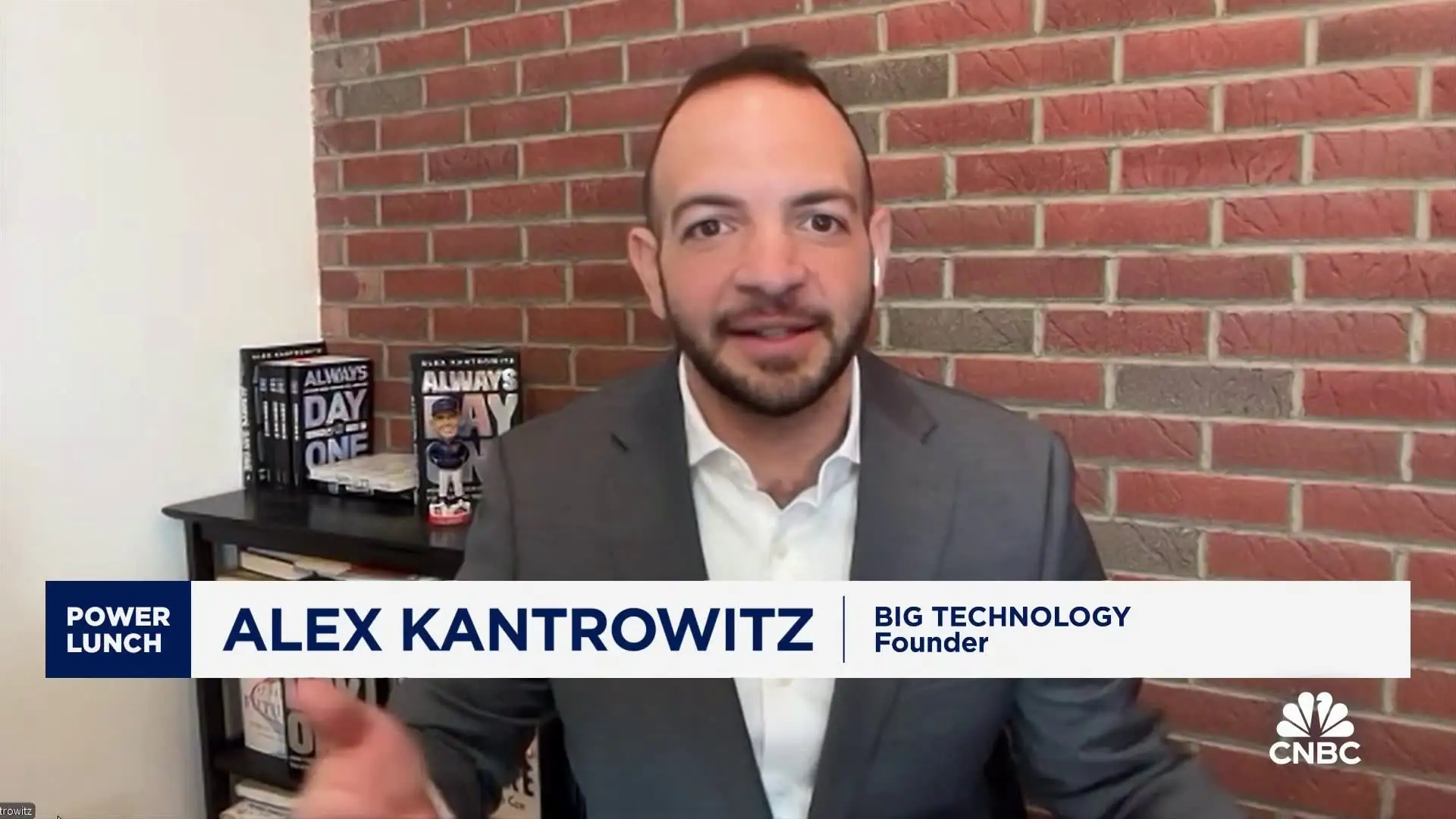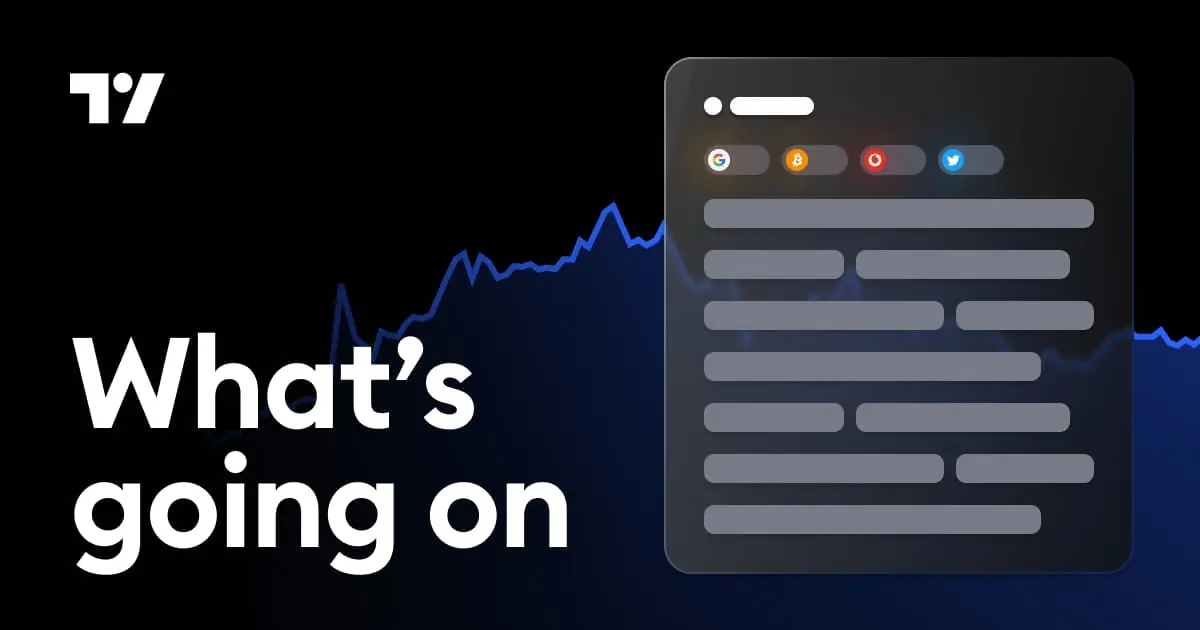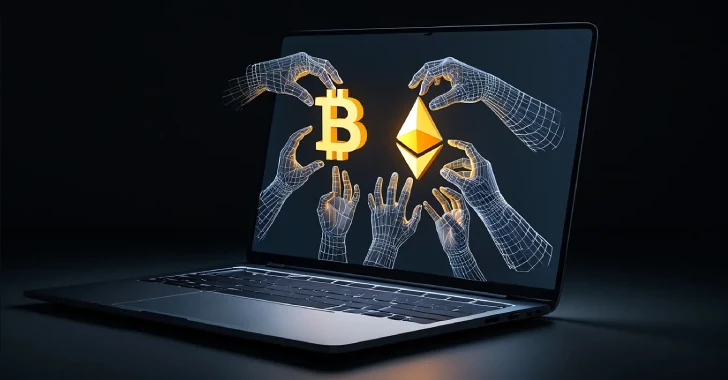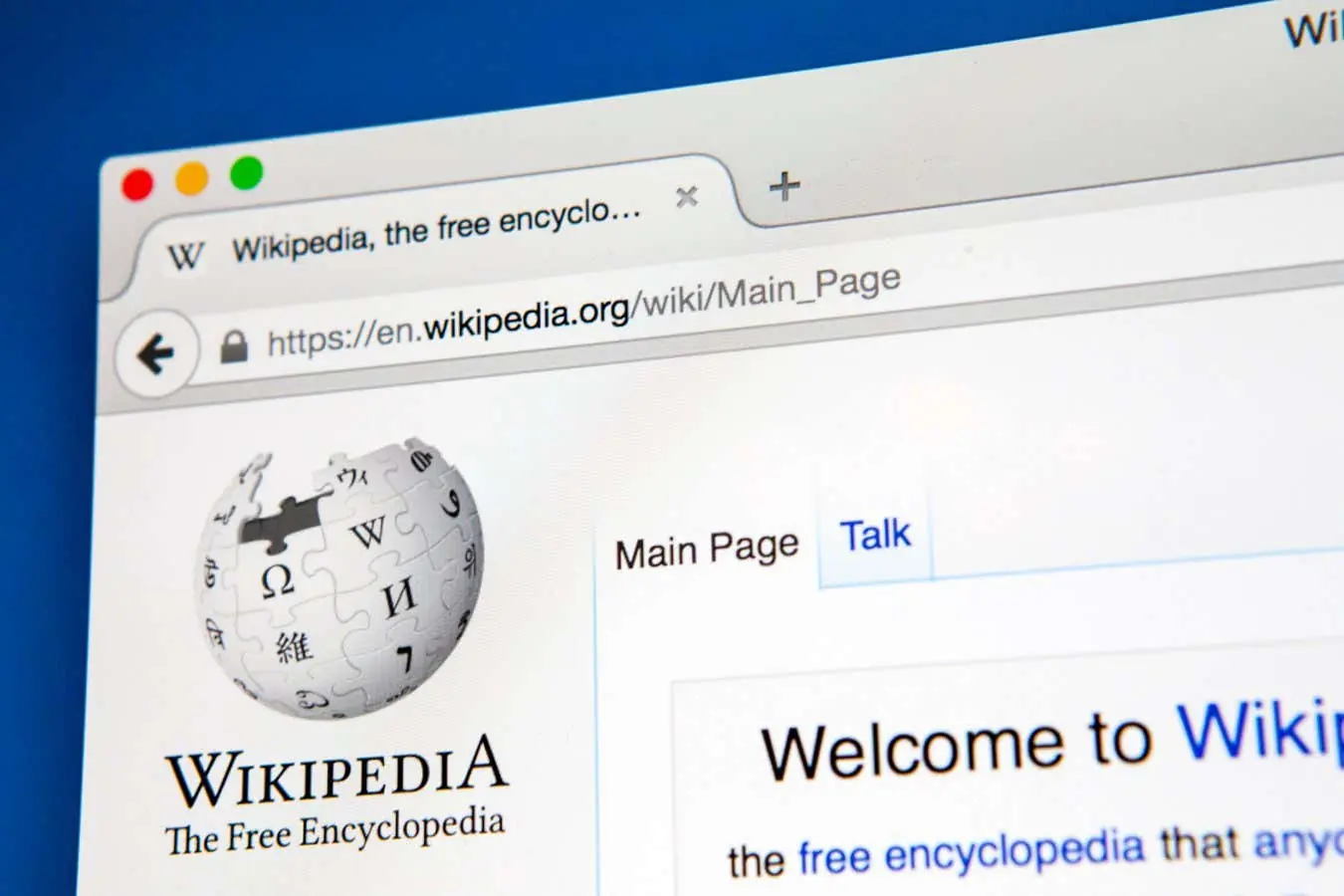TikTok’s Future in the U.S.
TikTok’s future in the U.S. hangs precariously as the April 5, 2025, deadline approaches. The app’s parent company, ByteDance, must divest TikTok’s U.S. operations by then to avoid a potential nationwide ban. This mandate stems from the Protecting Americans from Foreign Adversary Controlled Applications Act, signed into law by President Biden in April 2024. The law aims to address national security concerns related to potential data harvesting by the Chinese government.
High Stakes for Users and Buyers
The stakes are high, with more than 170 million American users at risk of losing access to the platform. Although there is significant interest from potential buyers, including major tech companies like Oracle, no concrete deal has been announced. President Trump expressed optimism about finding a buyer but also hinted that he might extend the deadline if necessary.
Technology and National Security
TikTok’s situation highlights broader challenges in the tech industry, particularly the intersection of technology and national security. The debate over data security has intensified global scrutiny of apps owned by foreign entities. This issue is not unique to TikTok; it reflects a growing concern about privacy and sovereignty in the digital age.
Potential Shutdown Over Sale
In a recent development, industry insiders suggest that TikTok might prefer a shutdown over a sale, according to Big Technology’s Alex Kantrowitz. This stance could indicate that ByteDance values its independence and technological advancements over financial gains from a sale. If TikTok does not sell, it could face a complete ban in the U.S., impacting millions of users and sparking questions about free market principles versus national security priorities.
The Impact of Government Policy
The situation also underscores the role of government policies in shaping the tech industry. Laws like the Protecting Americans from Foreign Adversary Controlled Applications Act illustrate how political decisions can significantly influence the fate of major tech companies. For more insights into the evolving tech landscape, visit Epochedge news and explore how technology innovations are shaping business and society.
Implications for the Future
As we move forward, it’s crucial to consider the broader implications of such policies on digital freedoms and international relations. The future of TikTok serves as a critical case study for understanding these complex dynamics. To delve deeper into how technology is impacting our world, visit Epochedge main.
Conclusion
In conclusion, TikTok’s dilemma raises important questions about privacy, security, and the role of government in technology governance. As we navigate this intricate landscape, it’s essential to reflect on how these decisions might influence the future of the internet and global communication platforms. For an in-depth look at these issues and more, explore Epochedge education, which offers insights into the educational aspects of emerging technologies.










